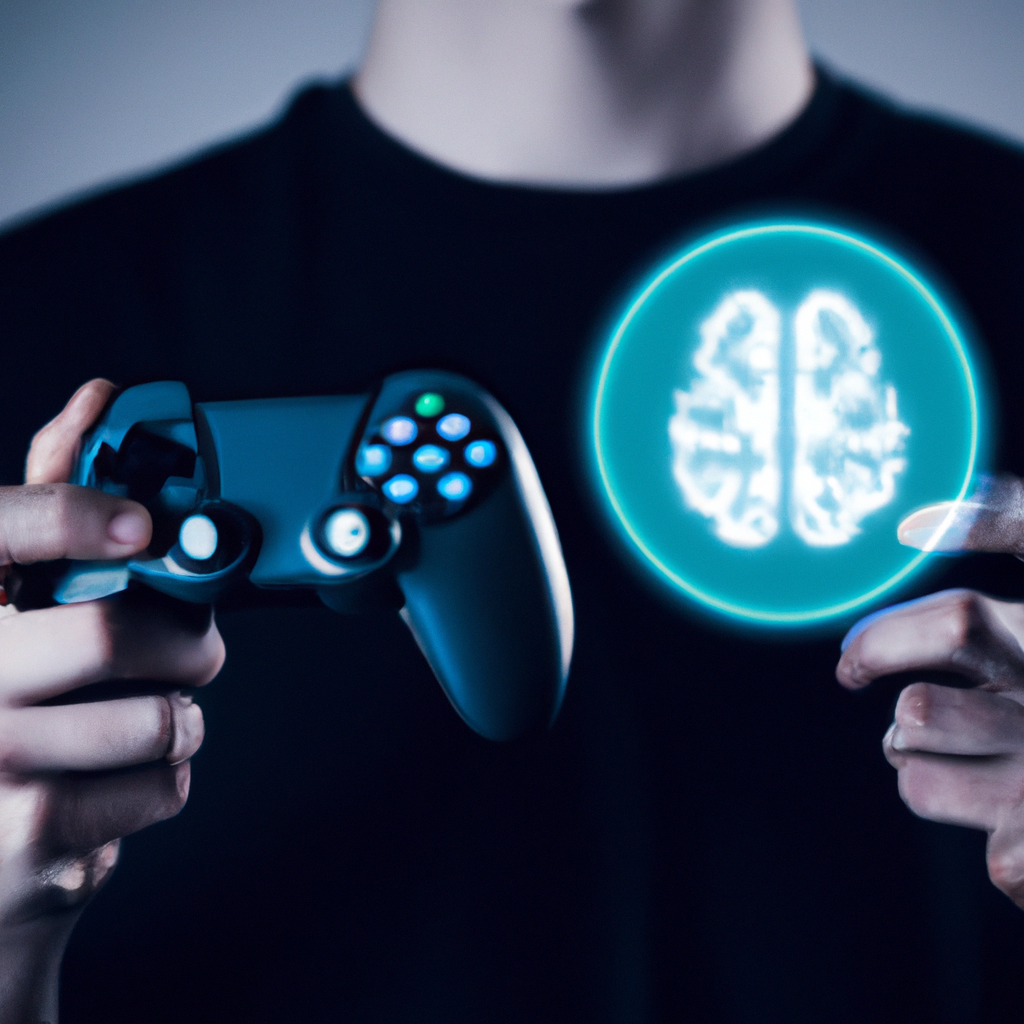
Gaming: A Psychological Boon or Bane?
There has been a significant increase in the popularity of video games over the past few years. From casual mobile games to immersive console and PC gaming, the gaming industry has seen a massive surge in engagement, especially during the COVID-19 lockdown. However, this rise has also led to a debate on the psychological impact of these games. Are they a mental health boon, or do they do more harm to the brain? Let's delve into this topic and examine the potential benefits and drawbacks of gaming from a psychological perspective.
The Positive Psychological Impact of Gaming
Contrary to popular belief, video gaming is not just an idle pastime. Several studies have shown that it can have numerous positive effects on psychological health. Here are some key benefits:
1. Cognitive Development
Playing video games involves a lot of strategic thinking, problem-solving, and quick decision-making. This can be particularly beneficial in improving cognitive abilities. Games like 'Chess', 'Sudoku', or strategy-based games like 'Starcraft', 'Civilization', etc., require players to strategize, plan, and make decisions based on changing scenarios, thereby promoting cognitive development.
2. Improved Mood and Stress Relief
Games can serve as a great escape from day-to-day stressors. Engaging in an enjoyable activity like gaming can help elevate mood and relieve stress. A 2019 study published in 'Molecular Psychiatry' found that playing video games can lead to an increase in the brain's production of dopamine, the 'feel-good' neurotransmitter, resulting in improved mood and feelings of pleasure.
3. Enhanced Multi-tasking Skills
Many games require players to juggle multiple tasks simultaneously. This can translate to real-world benefits by improving multitasking abilities. A study from the University of California found that people who play action games have better multitasking skills than non-gamers.
4. Social Interaction
In today's digital age, online multiplayer games have become a common platform for social interaction. Games like 'Fortnite', 'Among Us', or 'World of Warcraft' allow players to team up with friends or connect with people worldwide, fostering a sense of community and camaraderie.
The Potential Downsides: Gaming and Psychological Health
While gaming has its benefits, it's also important to consider the potential negative effects on mental health. Excessive gaming can lead to several issues:
1. Addiction
One of the main concerns about gaming is the risk of addiction. The World Health Organization (WHO) has recognized 'gaming disorder' as a mental health condition in which gaming takes precedence over other life interests and daily activities. This can lead to detrimental effects on personal, social, educational, or occupational functioning.
2. Social Isolation
While online gaming can foster social interaction, it can also lead to social isolation. Gamers may become so engrossed in the virtual world that they neglect their real-world social connections. This can result in feelings of loneliness and increased risk of depression.
3. Aggression
There is ongoing debate regarding the link between violent video games and aggressive behavior. Some research suggests that exposure to violent video games can lead to increased aggression in players. However, this is still a contentious point, with many studies offering conflicting results.
4. Physical Health Issues
Excessive gaming can also lead to physical health issues like obesity, musculoskeletal problems, and vision impairment. Sedentary behavior coupled with unhealthy snacking can lead to weight gain, while continuous gaming can strain the eyes and lead to posture-related problems.
Striking a Balance
Given the potential benefits and drawbacks, it's clear that the impact of gaming on psychological health is not black and white. Like any other activity, moderation is key. Gaming can be a fun and beneficial activity when done in moderation, but can lead to problems when it becomes excessive or compulsive.
It's also crucial to choose age-appropriate and content-appropriate games. Parents and guardians should monitor the gaming habits of young children and ensure that the games they play are suitable for their age and maturity level.
Conclusion
In conclusion, gaming can have both positive and negative effects on psychological health. It can foster cognitive development, stress relief, multitasking skills, and social interaction, but can also lead to addiction, social isolation, aggression, and physical health problems. Therefore, it's essential to approach gaming with a balanced perspective. As with anything in life, moderation and mindful engagement are the keys to harnessing the benefits of gaming while avoiding potential harm.